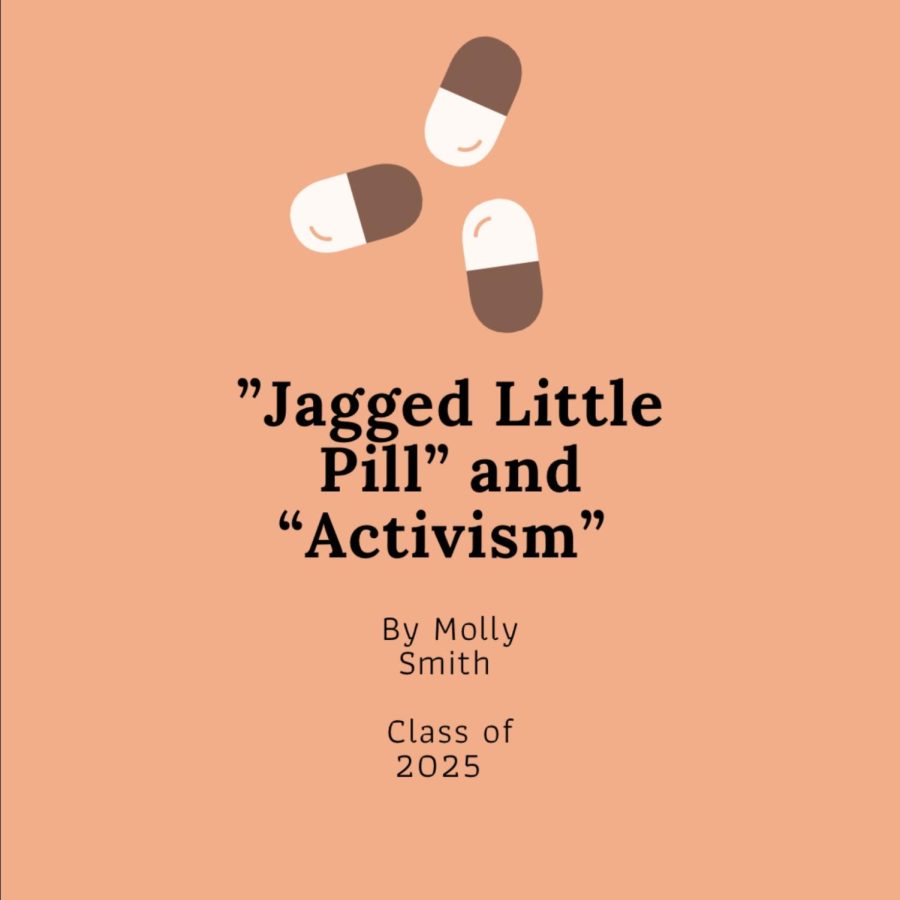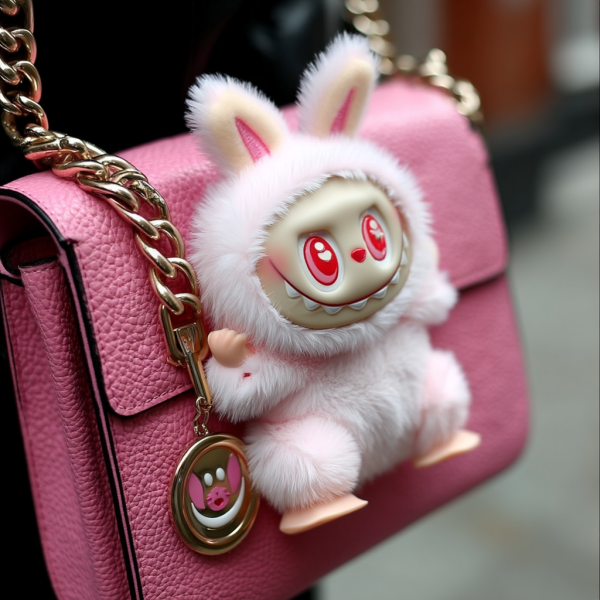Jagged Little “Activism”
The Jagged Little Pill show itself has apologized for their wrongdoings, however, their actions say another thing. For a show with representation they seem to lack the true activism they claim to hold dear.
Tony Award Sundays allow theatergoers to take on a different type of worship. These are some of the most special television nights. They only happen annually.
But last year, we missed out. The 2019-2020 Broadway season was only half fulfilled. You may have been Sabrina Carpenter, debuting in Mean Girls on the unfortunate date of March 10. Broadway closed because of the pandemic on March 11.
Or, perhaps, you were a Broadway-pop mix: a musical called Six. Six was set for its debut on March 12. Through Clorox and gloves, they waited eighteen months. One of the most memorable shows that got to open during the 2019-2020 season was Jagged Little Pill. Does that name sound familiar to an older reader? It should.
Jagged Little Pill is a 1995 Alanis Morisette album. The album itself is quite heavy in both rock and pop. Morisette wrote about her true feelings of heartbreak through an angsty voice. “You Oughta Know” in particular was confirmed to be about her breakup with Full House star Dave Coulier. Quite literally, he is everywhere you look.
This album eventually got adapted into a musical by director Diane Paulus and book writer Diablo Cody. It workshopped and rehearsed for a while and opened off-Broadway in 2019. Theatregoers could see it at the American Repertory Theater in Cambridge, Massachusetts.
This show could slide through 2019-2020 audiences like liquid. I Can’t Believe It’s Not Butter! These were the years social justice action was taken. This show certainly did not seem shy.
Frankie, the protagonist, is an adopted child. The climax of the show involves her getting angry at her white parents, believing she as a black woman was adopted for them to seem heroic.
Bella, a classmate of Frankie’s, gets drunk at a house party and is sexually assaulted by Nick, brother of Frankie. The irony here is that Nick is set up to be a Harvard-accepted, “respectful” senior. That is what was trying to click: what seems like the best is sometimes the opposite.
Mary Jane, mother of Frankie and Nick, develops a prescription pill dependency. She is seen sneaking these pills home in multiple scenes. Frankie is in a queer relationship with Jo, another protagonist. Jo’s character arc was the inspiration for this article and many others about this show.
Jo is a character who is clearly struggling with their gender identity. They are seen fighting with their mother about such, and they even get invalidated by Frankie. Frankie is asked if she has a girlfriend, to which she responds yes. She stumbles a bit, and admits she actually isn’t sure.
With the highlighted struggles of gender curiosity, this role needs to be portrayed accurately. More specifically by an actor who understands the struggles. So this is a role cisgender people should avoid, right? Not according to the Broadway production at the Broadhurst Theatre.
This role is played by Lauren Patten, an actress who identifies as a cisgender woman. But, according to her, she has full entitlement.
In a Vulture interview, Patten claims “Jo was never written as anything other than cis.”We do remember Jo’s scenes from earlier, correct?
I also identify as cisgender. This is not a topic I have the right to broadcast alone. I could not be writing this piece without the voices of transgender and non-binary people hurt from her casting. It seems as if they see this as ignorance at best.
Here is a tweet I have found: “Jagged Little Pill cis-washed the role of Jo then proceeded to gaslight trans people and say the character was never trans.”
I mentioned the Tonys in the beginning for a reason: she goes on and wins the award for this. Allow me to show you where the frustration lies with more tweets.
“Great Lauren Patten, you won the Tony. Now step down as Jo, I beg.”
“If she really cared, she wouldn’t have accepted the Tony. Let that sink in, and, once again, [screw] Lauren Patten.”
Jagged Little Pill themselves released a statement on Instagram.
“We should have protected and celebrated the fact that non-binary audience members saw Jo a bold, defiant, complex, and vibrant representation of their community. For all this we are deeply sorry. As leaders of this very special enterprise, we should have done better and recognize our failure and its consequences.”
This was immediately crushed by Patten returning to the role when the show reopened. She gets entitlement to this role eight times a week. When you promise to not break your friend’s instrument, you don’t continue on with the process. It may have a crack near the horn, whether minor or major. Maybe the sound stops producing all together. Maybe you spilled syrup all over the keys.
But this person needs you to be friendly. That is what is expected. You hold a great deal of money and, therefore, ability. You know your friend will be made better with a fresh, functioning instrument. So will the instrument company when they have your money and good will.
How is that a store you do not walk into? An instrument you leave unpurchased for a third-grader whose mother is forcing them to play violin? It is selfish at best.
When you are in a position of power without a broken instrument, that is called privilege. How you use that is such an important decision. Go fix the instrument you broke today and tell the musician they look cool.










